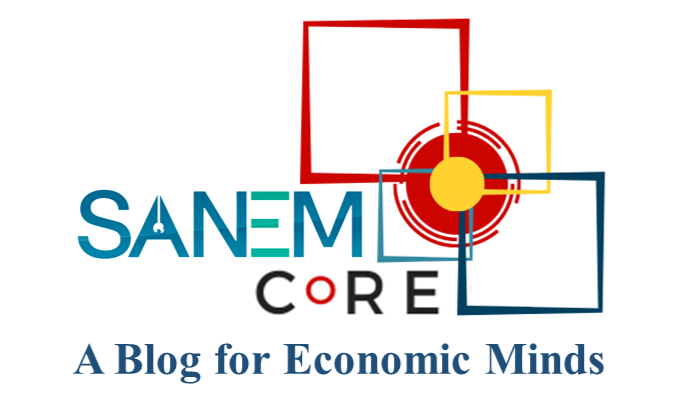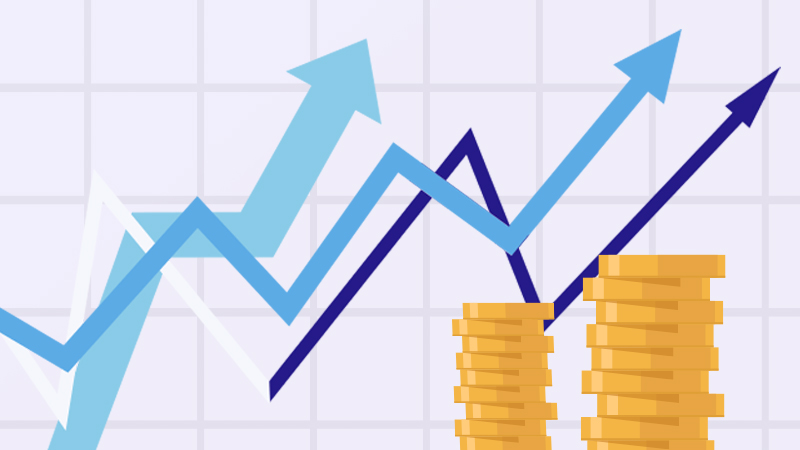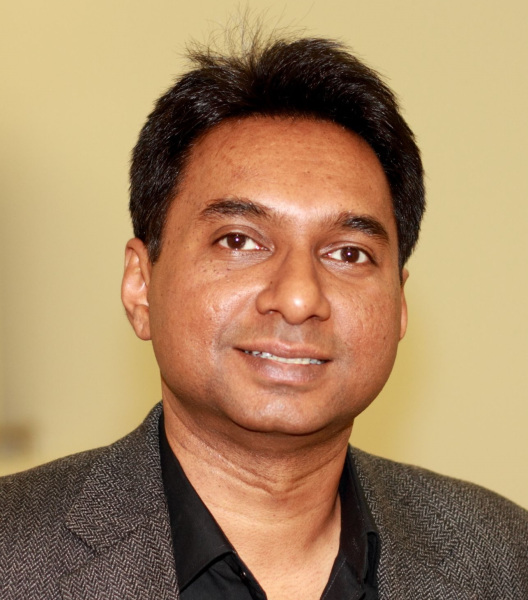The political upheaval in Bangladesh is having a profound impact on the country’s economy. For the country to recover and stabilize, the interim government must prioritize political stability and the restoration of law and order. These steps are critical to setting the stage for economic recovery.
The ongoing political crisis can significantly slow down economic growth. Political instability breeds uncertainty, which in turn undermines investor confidence. As a result, both domestic and foreign investors can become more cautious, leading to reduced private investment. This diminished investment exacerbates existing economic challenges and hampers growth prospects. Political instability also affects the broader economic environment by disrupting business operations and creating an unpredictable financial climate. Companies face challenges in planning and executing long-term strategies, further discouraging investment and economic activity.
Bangladesh has been experiencing high inflation since early 2022, with inflation rates reaching a 12-year high of 11.66% in July 2024. Food inflation has been even more severe, hitting a record 14.10%. The ongoing supply chain disruptions and shortages are likely to keep inflation elevated, which disproportionately impacts low-income households. For many families, the rising cost of living is a significant burden, further straining their financial resources.
Unemployment, especially among educated youth, remains a pressing issue. Approximately 40% of young people aged 15 to 24 are neither in education, employment, nor training (NEET), nearly double the global average. This high rate of NEET youth exacerbates social and economic challenges, contributing to a sense of disenfranchisement and economic frustration among the younger population.
The country has been facing a worsening macroeconomic situation since the beginning of 2022, manifested by the decline in foreign exchange reserves and slow growth in exports and remittance earnings. During the ongoing political turmoil, small businesses and production units are particularly vulnerable to these challenges. Many of these enterprises lack the financial resilience to withstand the impacts of political instability, resulting in disrupted operations, decreased productivity, and, in some cases, forced closures. This affects the business owners and has a ripple effect on employees and suppliers, further compounding the economic difficulties.
The interim government’s role is crucial in navigating these economic challenges and laying the groundwork for a stable transition to a permanent government. Immediate economic priorities should include combating inflation and restoring macroeconomic stability.
Addressing high inflation requires a coordinated approach involving monetary, fiscal, and tariff policies. Effective market management is essential to stabilize prices. The recent appointment of a new central bank governor has raised expectations for better use of monetary policy tools to control inflation and stabilize the economy.
The government must work to stabilize the macroeconomic environment by improving foreign exchange reserves, increasing remittance inflows through formal channels, and boosting exports despite the political crisis. These measures are crucial for restoring confidence in the economy and ensuring sustainable growth.
However, to address Bangladesh’s structural economic challenges, comprehensive reforms are essential in several key areas:
Banking Sector: Reforms are needed to tackle high levels of non-performing loans, poor governance, corruption, inadequate risk management, and regulatory weaknesses within the banking sector. Strengthening transparency, enhancing regulatory oversight, and ensuring sound financial practices are vital to restoring confidence in the financial system.
Taxation System: Bangladesh’s tax-to-GDP ratio is notably low, standing at 7.8% in December 2023. Reforms should focus on broadening the tax base, improving compliance, and enhancing the efficiency of tax collection. Administrative and institutional reforms are necessary to strengthen the tax collection authority, curb corruption, and ensure a more equitable and effective tax system.
Trade and Investment Policies: To foster a more favourable environment for export diversification and foreign direct investment (FDI), reforms should address the heavy reliance on readymade garments and the challenges in attracting FDI. As Bangladesh approaches its graduation from Least Developed Country (LDC) status in November 2026, it is crucial to liberalize trade and investment regulations, remove structural barriers, and improve the ease of doing business.
Public Expenditure: With public expenditure at around 15% of GDP, significantly lower than its comparators, reforms should aim to improve allocation efficiency and enhance spending in key social sectors. Prioritizing investments in education, healthcare, and infrastructure will help address critical needs and support long-term economic growth.
Institutional Capacity: Strengthening state capacity is essential for effective governance and service delivery. Institutional reforms should focus on improving efficiency and accountability within government institutions. This includes enhancing the capabilities of public servants, streamlining bureaucratic processes, and combating corruption to ensure that government actions are effective and transparent.
Addressing Bangladesh’s economic challenges requires not only political stability but also a robust and comprehensive approach to reform. The interim government must focus on both immediate economic priorities and long-term structural reforms to foster a stable and prosperous economic environment. By taking decisive action in these areas, the government can set the stage for sustained recovery and growth.
While an interim government may face limitations in implementing all desired reforms within its term, it is crucial to focus on setting a strong foundation for future changes. Establishing effective and robust frameworks for reform can ensure that progress is sustained beyond the interim period. By mobilizing support from key stakeholders—including political leaders, civil society, and the private sector—the interim government can foster a collaborative environment that drives reform forward. This strategic groundwork will help pave the way for a more comprehensive and successful implementation of reforms in the long term, even if the immediate results fall short of expectations.
This Article was first published in the September, 2024 edition of the Thinking Aloud.



RECENT COMMENTS